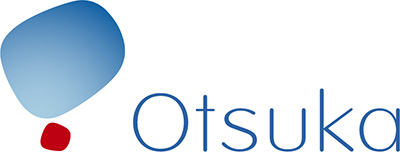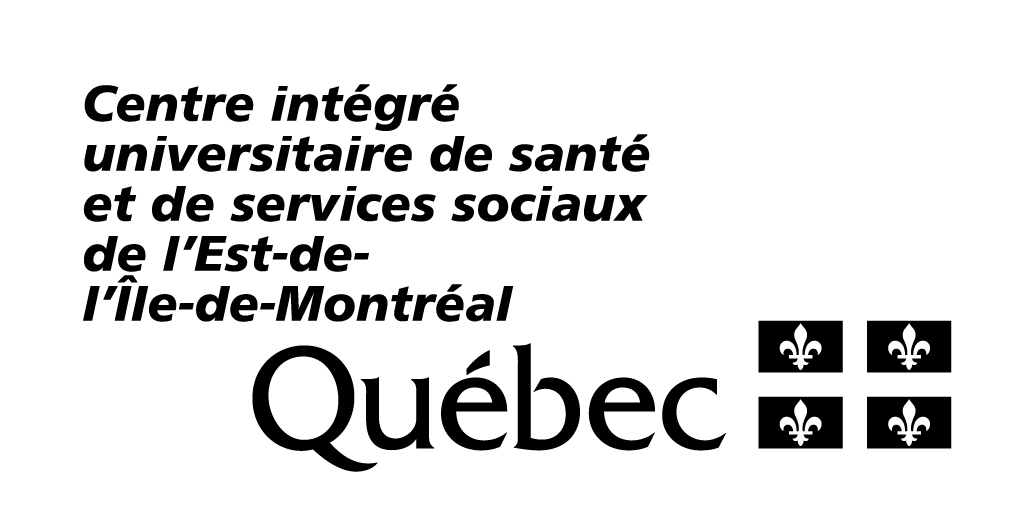Mental illness : a silent yet pervasive part of our society
According to the World Health Organization (WHO), 450 million people across the globe suffer from mental and behavioural disorders. The fact that mental illness is a major phenomenon goes without saying. It affects not only those afflicted but also those around them who assist in their recovery, including work colleagues. In 2020, according to WHO estimates, depression will become the second leading cause of disability in the world, just after cardiovascular disease.
In their lifetime, the majority of Canadians will be affected by the mental illness of a family member, friend or co-worker. This is because mental illness can happen to anyone, regardless of occupation, education, socioeconomic class or culture.
Despite the broad extent of this phenomenon, it remains subject to deeply-rooted prejudice that often drives people with an illness and their families into isolation. For example, the Canadian Medical Association reports that only 50% of Canadians would be willing to tell friends or co-workers that a family member has a mental illness, compared to 72% who would tell them about a cancer diagnosis.
Combating ignorance
When a family member or co-worker is affected by mental illness, it is important to talk about it and seek help. Often defenceless, loved ones experience guilt, forget to take care of themselves and sometimes develop physical health problems in addition to experiencing emotional distress. At work, colleagues grapple with their prejudices, limitations and discomfort when faced with this challenging issue.
Many people who are coping with symptoms of mental illness may remain in the workforce for a long time before they seek treatment. In doing so, they may be less productive, make more mistakes and miss deadlines, provoking scepticism, anger, impatience, compassion and empathy over the days, weeks and months they remain on the job.
On this topic, The Human Face of Mental Health and Mental Illness in Canada (2006) reports that stigma in the workplace has a severe impact on those with mental disorders. Examples include decreased career readiness, lack of career advancement opportunities, poor quality of work life and consequently, a higher risk of loss of employment.
Be individually and collectively proactive
Those coping with serious mental illness are at greater risk of becoming unemployed or being relegated to lower-level jobs that are in no way commensurate with their skills or training. If they return to work following sick leave, they are often greeted by hostility and reduced responsibilities. This can aggravate their illness and lead to self-stigma, where they begin to believe the negative opinions about themselves and that they deserve to be insulted and barred from opportunities.
This is supported by the Canadian Mental Health Association, which reports that approximately 43% of Canadians report that at least one of their colleagues has experienced a mental health issue and that 34% have taken time off work for this reason. In 74% of cases, colleagues who took such leave never returned to work.
Mental illness is a societal issue, and the taboos surrounding it are often related to lack of knowledge and ignorance. It is important for family members and co-workers to have access to information, training and various support measures to enable them to fully execute their role as assistants. Local services are available to families and workplaces located anywhere in Quebec, free of charge.






























